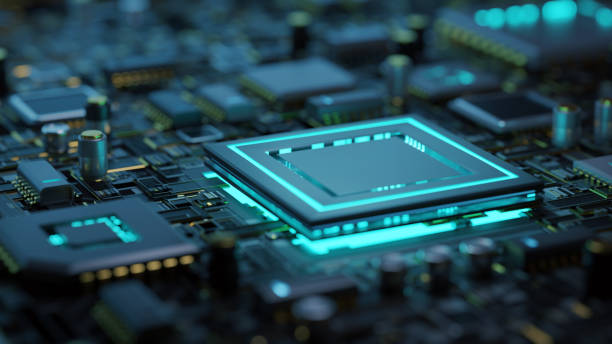Can Hardware Be Learned Without an Engineering Background?




In today's fast-evolving tech world, understanding computer hardware isn't just for engineers anymore. From DIY enthusiasts and gamers to aspiring IT professionals and students from non-tech fields, more and more people are exploring the world of hardware without an engineering degree.
But the question remains:
Can you really learn hardware without an engineering background?
At Tech Booster Institute, our answer is a resounding YES — and we’re here to show you how and why.
Before we dive in, let’s define what “learning hardware” really means.
When we talk about hardware, we’re referring to the physical components of computers, electronic devices, and embedded systems. Learning hardware can include:
Identifying and assembling computer components (CPU, RAM, GPU, motherboard, etc.)
Troubleshooting and repairing PCs
Working with microcontrollers (e.g., Arduino, Raspberry Pi)
Designing circuits and electronic systems
Understanding how data flows through devices
Exploring embedded systems and IoT devices
These are practical, skill-based areas that don’t necessarily require a degree—but do require curiosity, a hands-on approach, and proper guidance.
This is one of the biggest misconceptions in tech.
The truth is, while engineering degrees cover hardware in academic depth (especially in electronics or computer engineering), most of the practical skills required to understand, build, and work with hardware can be learned without formal education in engineering.
Many successful hardware professionals, technicians, and innovators started as hobbyists—or from completely unrelated fields.
At Tech Booster Institute, we specialize in making complex tech concepts simple, practical, and hands-on—especially for those without an engineering background.
We start with the very basics: what each component does, how it works, and how to use it safely. No prior technical or engineering knowledge is assumed.
You’ll physically interact with hardware—assembling PCs, wiring circuits, working with sensors and microcontrollers, and more.
We use live demonstrations, visuals, and real-world analogies to help you grasp technical concepts quickly.
Our instructors offer personalized mentorship, guiding you through each phase, from understanding parts to building your own projects.
Students get to build real-world projects like home automation systems, digital thermometers, robotics kits, and more—even without prior experience.
At the end of the day, learning hardware isn’t about having an engineering degree—it’s about having the curiosity to explore how things work.
With the right training and environment, anyone can learn to understand, build, and even innovate with hardware.
At Tech Booster Institute, we’re committed to making this journey possible for everyone, regardless of background.
Whether you're a student, a working professional, or simply someone who loves tech, learning hardware can open up endless opportunities—from building your own PC to creating smart devices and even launching your own tech projects.
At Tech Booster Institute, we make hardware learning accessible, practical, and beginner-friendly, no matter your background.
#Empowering You to Build, Innovate, and Succeed in Tech.